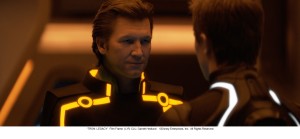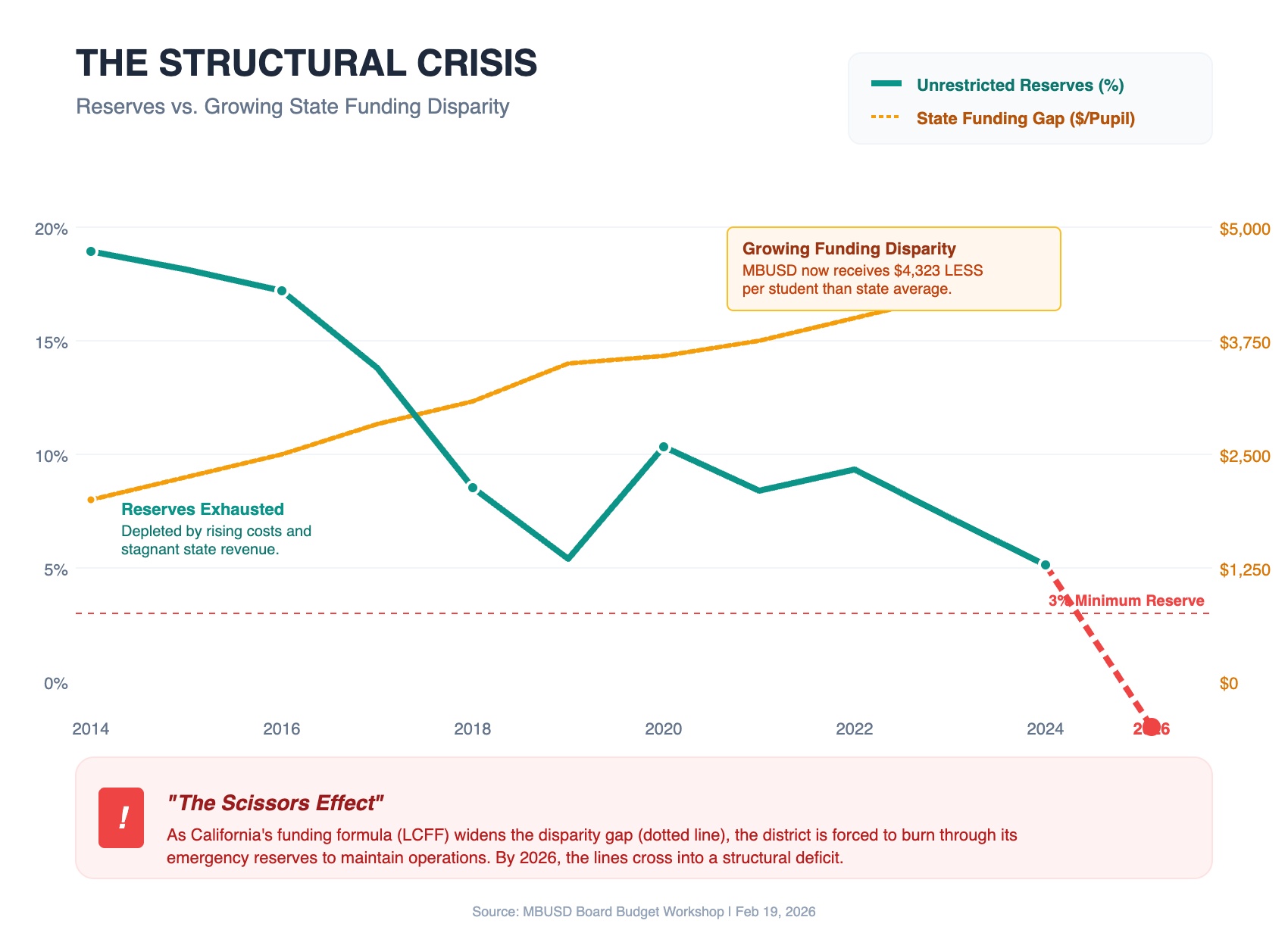
by Keith Robinson
In 1982 Walt Disney Studios released “TRON” – a movie that used computer-generated graphics as never before – to create a glowing neon world entirely made of pixels & imagination. While it generated quite a bit of news for its technology, the film was ultimately considered by many, including Walt Disney Studios, to be a commercial and artistic flop. The studio turned its back on it. Computer Generated Imagery – CGI – pioneered in “TRON” became the standard in film effects, but mainly to replace models and hand-painted mattes, not to create never-before-seen worlds as had “TRON.”
But the film made quite an impression on youngsters when the film was released. It touched their imaginations. An artistic flop? Not to them. It wasn’t just that the effects were really cool, the metaphor of the story – a world inside computers where programs were sentient beings with personalities – spoke to them. In the 1980s, an entire group of high school and college students – let’s call them “nerds” – were discovering video games and computers and programming. What critics in 1982 dismissed as silly, they saw as their mythology.
As this group aged, “TRON” gained first a cult following, then respect. Finally, the people who grew up with “TRON” and loved it gained positions of responsibility, including at Walt Disney Studios. “TRON” the flop was forgotten, replaced by “TRON,” the revolutionary milestone. So, 28 years later, which the studio says is the longest wait ever for a live-action film sequel, the story continues with TRON: Legacy.”
“TRON: Legacy” doesn’t try as hard as the first to create metaphors and symbols between the real and computer worlds. In the original, programs who believed they had been created by a programmer – a “user” – were rounded up and persecuted as religious heretics. “TRON: Legacy” pretty much ignores trying to make any sort of explanation – rational or metaphorical – for what’s happening, throwing in just enough so that the viewer’s imagination can fill in as much, or as little, as required to enjoy the pretty pictures and pounding music.
The first “TRON” was a fairly straightforward hero’s quest, a type of film that was popular following the success of “Star Wars.” The character Kevin Flynn (Jeff Bridges) had to find and recover information lost in a computer, battling the evil Master Control Program that ruled its universe. The plot of “TRON: Legacy” is similarly straightforward: Flynn’s son Sam (Garrett Hedlund) has to find and recover his father (again played by Jeff Bridges) who is lost in the computer, this time battling a program named Clu (also played by Jeff Bridges) which now rules the computer world and has its virtual eyes on the real one. (The fact that Flynn himself wrote Clu to save the computer world is a lesson in the hubris of youth that Flynn passes on to Sam during their reunion.)
While “TRON: Legacy” is a sequel, not a remake, nearly the first half of the movie duplicates the original, sometimes shot-for-shot. Sam is zapped into the computer, captured by bad guys, forced to play deadly games – first with killer Frisbees then in virtual motorcycles. This is smart – it allows the faithful to relive the original while showcasing how the graphics have jumped several generations forward.
So is this film for anyone other than the faithful – for those who have been waiting for 28 years? The answer is a qualified yes. The film is stunning visually and musically, and it moves forward quickly. It’s a fun experience for those who want their imaginations stimulated and who want to see the cutting-edge of film technology. What does it all mean? The original “TRON” was warning about dehumanization. “TRON: Legacy” is, at heart, about fathers and sons. Kevin Flynn has grown into, well, Jeff Bridges, who, in a few nice moments when the film takes some time to slow down, passes along to Sam the wisdom that has come with age. These moments have humor and warmth and give what could have been a sterile race through the computer effects a glow that doesn’t come from neon. ER








